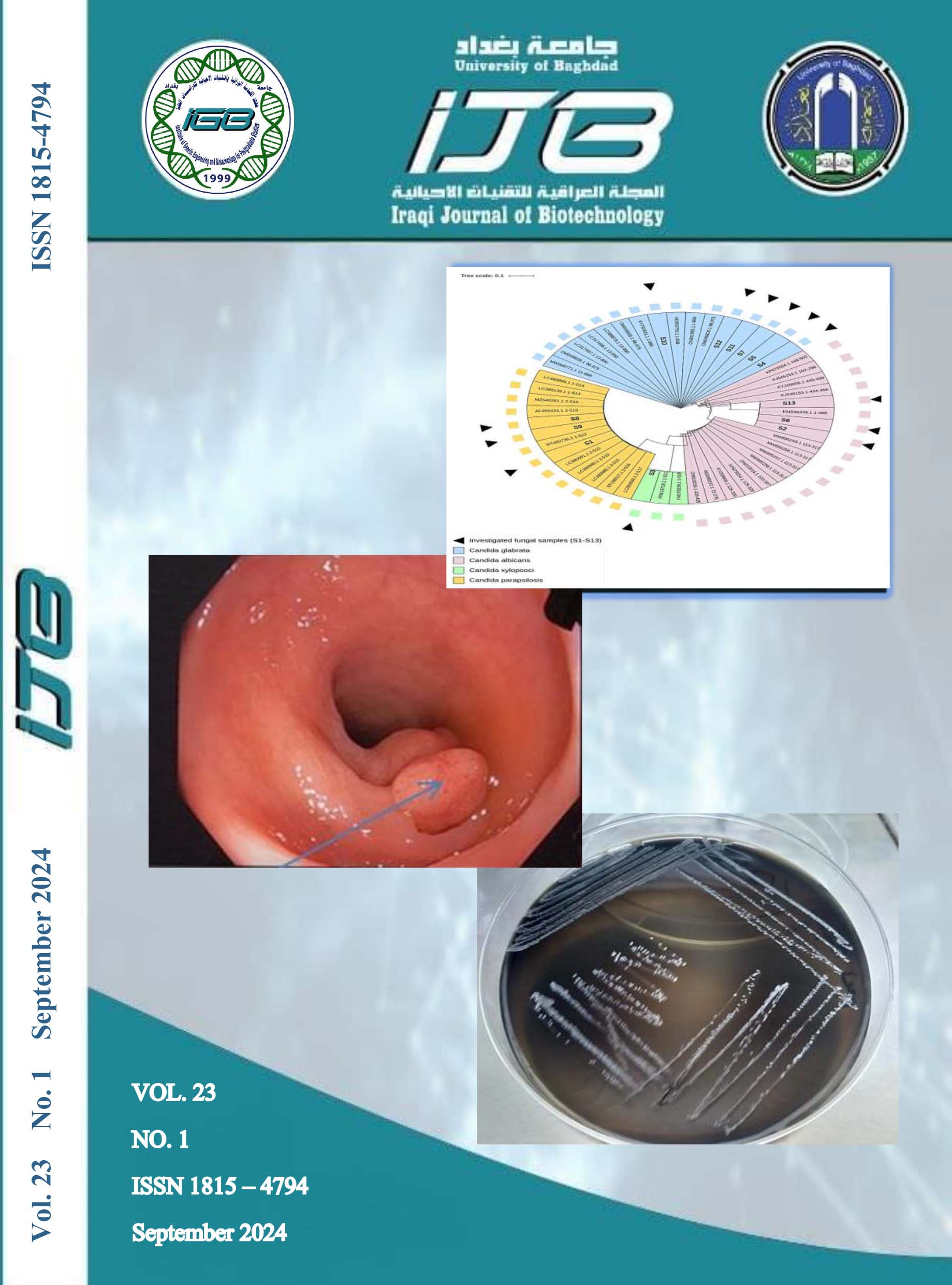Down regulation of IFIH1 Gene Expression in Early COVID-19 Infection
Abstract
COVID-19 have not been completely elucidated, non-adaptive inflammatory responses appear to play a substantial part in the disease's progression. The aim of the study Down regulation of IFIH1 Gene Expression in Early COVID-19 Infection. One hundred coronaviruses infectious disease (COVID-19) patients and 58 healthy individuals were enrolled to assess the gene expression of Interferon Induced With Helicase C Domain 1 (IFIH1) by reverse transcription-quantitative polymerase chain reaction (RT-qPCR), with some emphasis on clinical and biological markers of disease like chemokine (CCL-2), and tumor protein (P53). The finding showed that CCl2 and P53 levels have a significant decrease in patients (185 ng/L and 24.5 ng/ml) from control (229 ng/L and 30 ng/ml) (p = 0.001). The ratio of relative IFIH1 gene expression in COVID-19 patients versus healthy control was 0.95. Although the 2-∆∆Ct of IFIH1 gene expression showed no significant variation between the age group (≤45 and > 45 years): sex, and severity in patients and controls, also non-statistical increasing 2-∆∆Ct means of IFIH1 with disease progression like critical (17.5) than mild-moderate (15.8) in patients. The findings showed the CCL2 and P53 levels were non-significantly correlated with the IFIH1 expression (p > 0.05): although there is a negative correlation (rs= - 0.104) between CCL-2 and IFIH1 values making that prognostic indicator for reducing the development of infection. When IFIH1 expression increased, the P53 level non-significant increased (p = 0.099). It was concluded that IFIH1 expression are an impact factor correlated with P53 levels reducing the COVID-19 risk.


